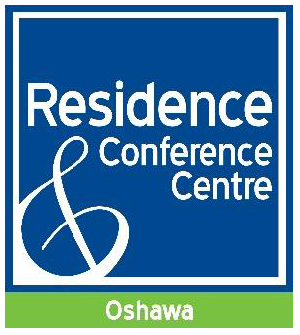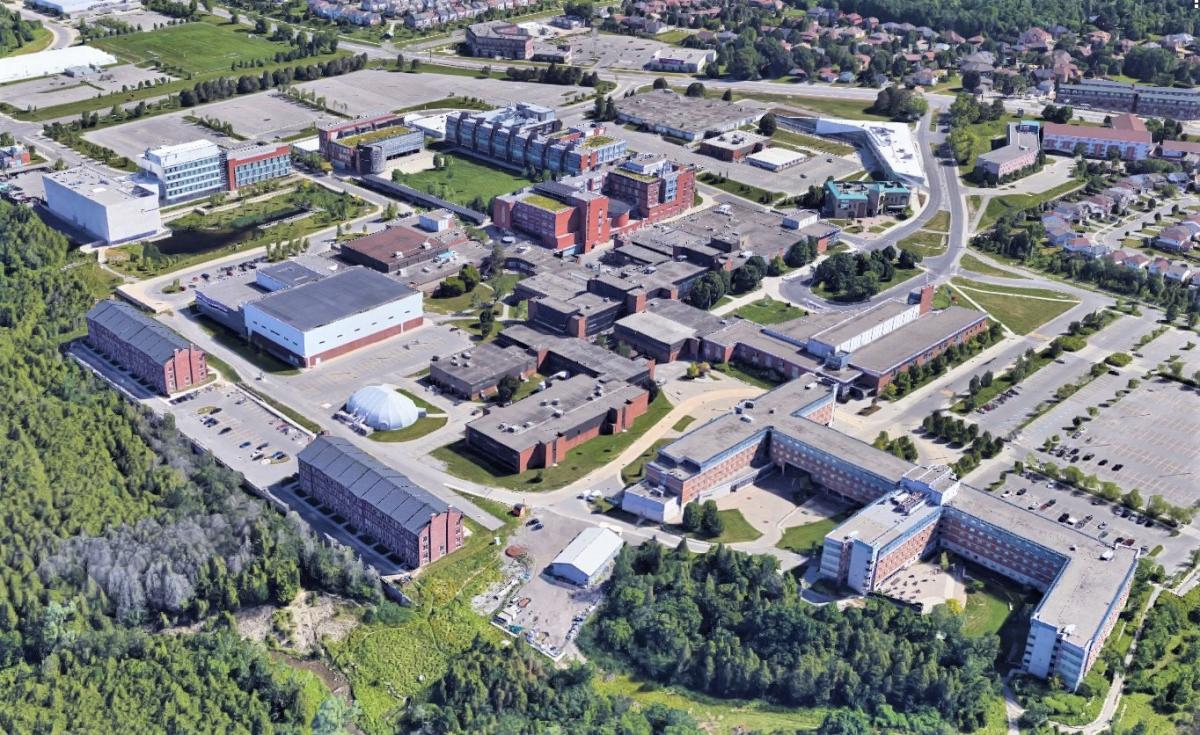PaperPlaza Final Paper Submission Deadline Special Accommodation Offer from Promotional Rates for Hotel National Organizing Committee Chair Vice-Chair International Program Committee Chair Vice-Chair Ahmad Barari, Canada
Contact
|
Invited sessionsSeven Invited Sessions are accepted to be presented at IFAC-IMS 2019. All articles, including papers solicited for invited sessions, undergo the same rigorous reviewing process by anonymous and independent reviewers. All paper submissions should be done using the IFAC Papercept paper submission system. If you are interested to submit your papers to one of the Invited Sessions listed below, please indicate the specific code corresponding to the desired invited session in your paper submission. Posted Announcement of Invite Sessions. Code: 52v7k Abstract:
Today there is an increasing demand to miniaturize systems and products in different fields from medical diagnostics to electronics and optical precision systems, to sensory systems and micro-fluidic devices. Therefore, developing precision manufacturing methods has captured great interest in academia and industrial sectors. Micro and nano fabrication, hybrid precision manufacturing methods, as well as additive manufacturing on the micro and nano- scale are some of the interesting fields that are being researched. Enhancing processes precision while accelerating fabrication and reducing process cost is an important and challenging subject in this field. This is specifically interesting for rapid prototyping of miniature systems. In precision manufacturing surface functionalization is crucial to add novel functions to the surface to enhance the device performance. Surface engineering, mainly biologically or nature inspired, is an important feature of modern components and consumer products. This is a proposal for an invite session on “Miniature Manufacturing and Intelligent Surfaces Engineering”. Topics of interest are as follows:
Keywords: Biologically Inspired Techniques; Rapid Prototyping; Multi-Sensory Systems Code: sqba4 Abstract:
Smart Machining is a general term that refers to integrating intelligence to the machining processes in order to improve quality, increase machining performance, and allow reliable unattended operations. From another perspective, Smart Machining aims to reduce waste and simultaneously increase the agility of system to respond to design variations. In this context, Smart Machining not only optimizes individual machining processes, but also defines the optimum combination of machining processes to manufacture parts in order to reduce the manufacturing lead time. Cutting tools are one of the most important components of each machining systems and they play an important role in success or failure of a machining operation. Therefore, bringing intelligence to cutting tools is also a promising challenge that must be undertaken by researchers. This invited session would like to encourage researchers to present their novel ideas regarding Smart Machining and Smart Cutting Tools. The preferred topics include but are not limited to smart flexible manufacturing systems, integrating knowledge to the machining systems, smart cutting tools with embedded sensors to measure cutting force or temperature etc. Keywords: Computer Integrated Manufacturing; Flexible Manufacturing Systems Code: 6551c Abstract:
Additive manufacturing was at first used in rapid prototyping over 30 years ago. Today, the application of additive manufacturing for prototyping is well established and attempts are being made to manufacture not only prototypes but also production devices, tools, and even end-use products. Thus, the requirements for additive manufacturing technologies have changed rapidly. Among other benefits, they include geometric design freedom and cost-effective product customization and personalization, the possibility of functional integration and the absence of form-shaping tools which enable cost-efficient production of small quantities on demand. The subject of current research is the integration of additive manufacturing into existing production systems. There is a great need for development in terms of materials that can be applied, optimization of quality of the additively manufactured parts and reliability of AM systems. Simulation and process software, as well as the development of additive manufacturing machines for more process stability, play a major role here. This session will cover the latest developments in software, hardware, and materials to enable the possibilities of using additive manufacturing for personalized end-use products. Included are the pre-process, the in-process and the post- process, as well as the corresponding control systems. Keywords: CAD/CAM/CAE; Computer Integrated Manufacturing; Quality Process Control Code: 67fw4 Abstract:
Autonomous vehicles requiring high technologies such as vision, sensing, and control are increasingly needed in various industrial fields within the context of Industry 4.0. In the field of manufacturing, autonomous vehicles such as autonomous mobile robots and automated guided vehicles are being applied to the delivery, handling, and inspection of products to improve the productivity and flexibility. This trend has motivated rapidly growing research on industrial applications of autonomous vehicles. This session is dedicated for a deep dive on the up to date research progress on the design, modeling, control, and operation management aspects of the autonomous vehicles for intelligent manufacturing systems. Prospective authors are invited to present state-of-the-art technologies, challenges, and opportunities in this emerging field. Keywords: AGVs; Multi-Agent Systems; Cooperating Objects Code: 67i12 Abstract:
In today's extremely competitive environment, manufacturing enterprises should withstand growing, global competition in a variety of strategic dimensions, such as product innovation, production costs, the speed of making good decisions and the sustainability principles application. Modelling intelligent systems for sustainable manufacturing enterprises, in the context of production process planning, organization and control, acquiring and sharing knowledge among its workers is a rapidly developing domain. In that context the session provides an excellent forum for researchers and industrial practitioners to meet and share experiences, theoretical issues or application examples based on the latest trends in the sustainability principles applications for manufacturing enterprises. The session aims to cover topics in the latest achievements in all aspects of sustainable manufacturing systems. Authors are invited to submit full papers describing original research work associated with sustainable development in manufacturing related problems in areas including, but not limited to:
Keywords: Knowledge-Based Systems; Business Process Re-Engineering for Manufacturing; Decision Support Code: 237ej Abstract:
Digital Twins are nowadays gaining momentum in smart manufacturing context. They are generally intended as virtual replicas of physical systems, capable to run on different simulation disciplines that synchronize the virtual and real systems, thanks to sensed data and connected smart devices, mathematical models and real time data elaboration. More specifically, they blend the virtual models and capabilities of Cyber-Physical Systems (CPS) (i.e. computing, communication, data collection, intelligent sensoring), with the potential of big data analysis and the pervasive connection allowed by Industrial Internet-of-Things, to have an advanced real-time perception of the physical assets and a prompt prediction of their behaviour. Digital Twins promise high benefits when used to support the design, management, monitoring, control, performance evaluation and optimization of manufacturing assets (i.e. manufactured products, production equipment and production systems). Moreover, they open the way to extensive simulations under various scenarios and conditions, with the possibility to be up-dated in real-time, to detect anomalies and to conduct accurate diagnostics and prognostics. Eventually, they open new possibilities to make a joint production and maintenance scheduling, relevant to assure more robust performances in stochastic environments, as well as to assess and optimize performances at different levels, from components and machines to production systems. Keywords: Scheduling and Control; Fault Diagnosis and Control; Production Planning Code: 717w7 Abstract:
In the new global economy, the fourth industrial revolution or Industry 4.0 features smart and networked technologies that improve significantly business and manufacturing operations. Generally, smart production systems, which manage these technologies, integrate tightly the networking communication, the information processing, the sensing and actuation capabilities, the computing and the control mechanism to achieve stability, performance and reliability in many application domains [1, 2]. These systems have a critical role for the efficiency and effectiveness of these operations [3]. For this reason, researchers have focuses in improving the control of the smart production, as it plays a vital role to support the Industry 4.0 needs. The smart functionality can firstly be at the heart of the configuration of the control of the production system. Then, the functionality is based on the configuration of the constituent components, the structural arrangement, the behavioral functioning and the dynamic progression during execution [4]. Nonetheless, and secondly, the smart functionality is also given by a smart orchestration of the networked technologies. For this reason, the aim of this invited session is to gather original research involving novel or in-progress mechanism, tools, models or frameworks proposing interesting approaches for improving the smart production control for industry 4.0. Indeed, approaches targeting both global/local performance indicators, such as sustainable, operational or economic indicators, or increasing the smartness in the control of production systems.This invited session calls high-quality papers investigating research problems, case studies and application papers related to the concept. It is expected original contributions related, but not limited, to the smartness features in production control. Then, we call the following topics for the invited session:
Keywords: Agile Manufacturing; Self-Adaptation; Expert Systems
|




